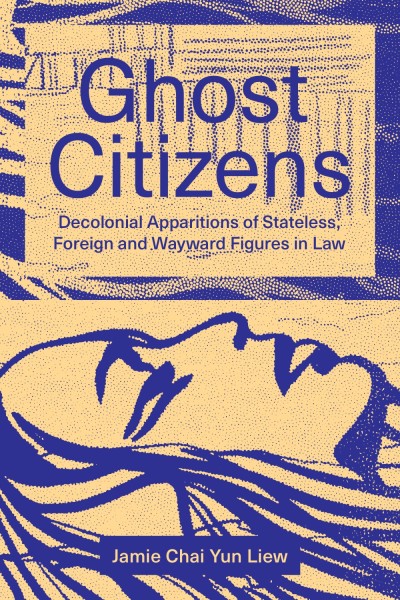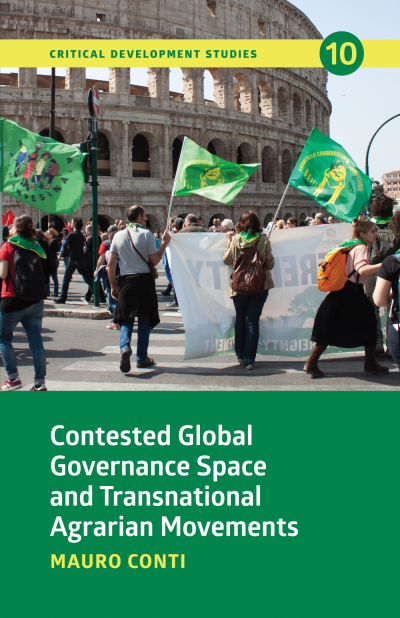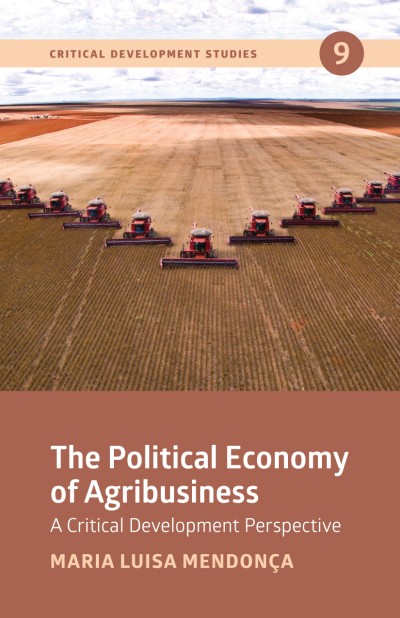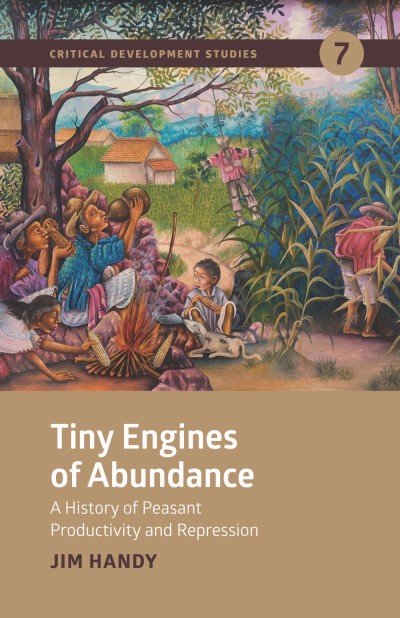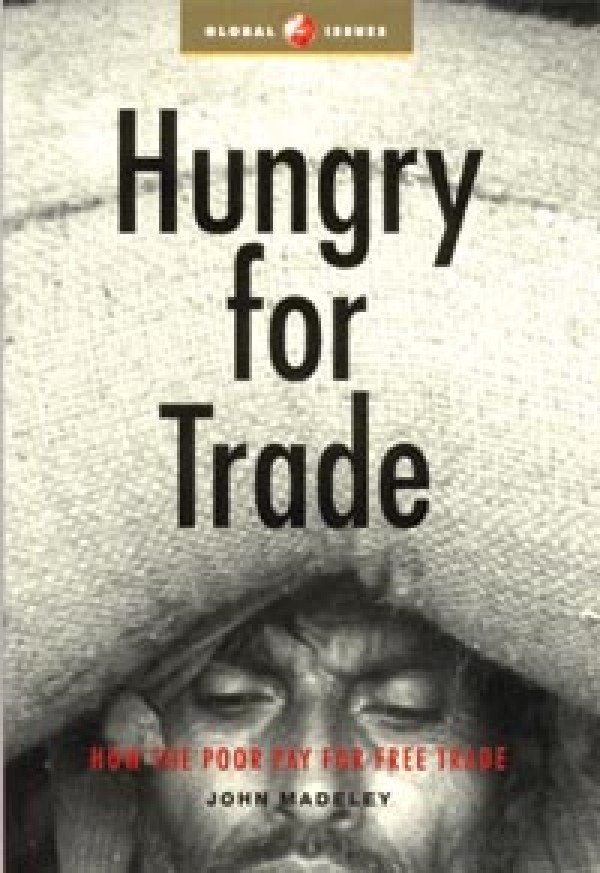
Hungry for Trade
Does Trade Help or Hinder Food Security?
The WTO agreement on Agriculture will be reviewed beginning in the year 2000. This begs some basic questions: Will free trade in food help or hinder the ability of hundreds of millions of poor people who are currently malnourished? Or will it chiefly benefit transnational corporations? Will free trade help huge numbers of small farmers find new markets in the North? Or will it in fact eliminate them even from the marketplace in their own countries as cheap, subsidized food from the North floods the countries of the South? Is it really irrational for countries -North and South, rich and poor-to protect their rural communities and farmers, and ensure significant self-sufficiency in food production?
About the book
The WTO agreement on Agriculture will be reviewed beginning in the year 2000. This begs some basic questions: Will free trade in food help or hinder the ability of hundreds of millions of poor people who are currently malnourished? Or will it chiefly benefit transnational corporations? Will free trade help huge numbers of small farmers find new markets in the North? Or will it in fact eliminate them even from the marketplace in their own countries as cheap, subsidized food from the North floods the countries of the South? Is it really irrational for countries -North and South, rich and poor-to protect their rural communities and farmers, and ensure significant self-sufficiency in food production?
These are some of the questions explored in this new book. Madeley shows that the food imports of many developing countries are in fact rising sharply while their food exports to the industrial countries are not. He argues that there is a contradiction between Western governments’ rhetoric about reducing world poverty and at the same time foisting more trade liberalization on a reluctant world. Food security affects us all. There is no more important issue. This book is a clarion call to remove our ideological blinkers and to think afresh.


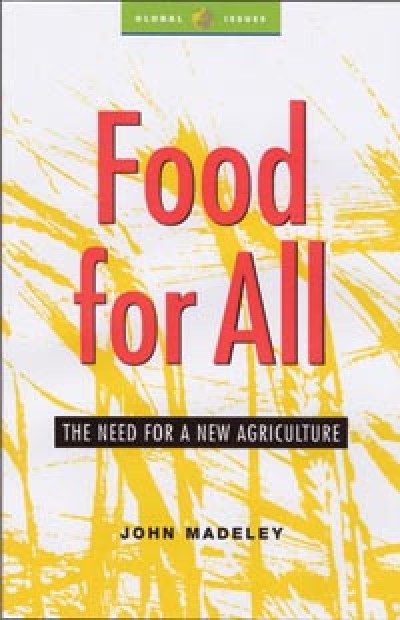
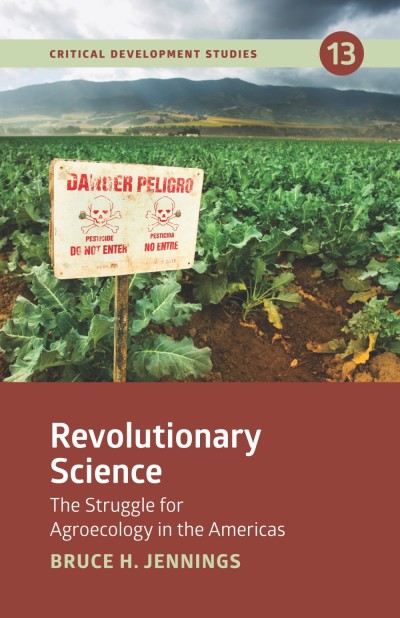
_cover-FINAL_400_618_90_s.jpg)
